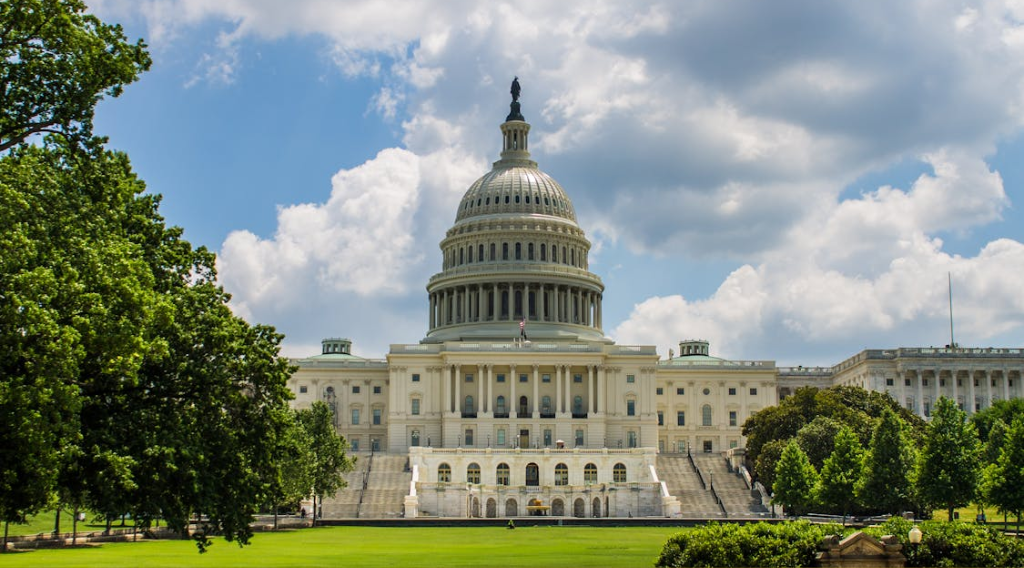
Interactive maps give communities, stakeholders unique access to key data for siting carbon management projects
September 28, 2023, MINNEAPOLIS—A first-of-its-kind tool will provide a central hub for Louisiana decision makers and the broader interested public to consider social, environmental, legal, and community data and factors when determining where to locate carbon management projects in the state.
The “Louisiana Decision Support Tool,” created by the Great Plains Institute (GPI), uses interactive maps to allow communities and stakeholders to gain insight into the process of locating, regulating, and building carbon management projects. It is designed to ensure community members and stakeholders have equal access to the same information as government staff, state regulators, developers, and academia about what areas might be best suited for carbon management projects.
While Louisiana is the first state where the tool is being deployed, GPI intends to develop the tool for other states over time. This first support tool maps out community, social, and environmental considerations for carbon management project decisions in Louisiana.
“We chose Louisiana as the launching point for the tool because of the number of announced projects, potential for carbon management in the state, and need for robust community engagement,” GPI Carbon Management Senior Policy Manager Matt Fry said. “A lot of communities are hearing about these technologies for the first time and rightfully have questions about how they’ll be affected. The tool provides an opportunity for communities to make informed decisions about their energy future.”
Louisiana has a long history of environmental justice concerns and is an emerging hub for carbon management deployment. It has also shown a strong interest in climate action, including the release of the state’s first climate action plan in 2022 that recognizes the vital role of carbon management.
GPI hopes to begin developing a similar tool for carbon management projects in other states in 2024.
The decision support tool contains three interactive maps detailing social, environmental, and comprehensive factors, including functions to zoom in on any location and view multiple layers of data together on each map.
The social map includes demographic data helping to prevent disproportionate impacts on marginalized communities, including exposure to climate change, health, proximity to environmental hazards, and public service gaps.
The environmental map includes data about environmental laws and regulations that both project developers and state and local governments must consider to ensure the protection of land, water, wildlife, and the built environment during any project siting.
The comprehensive map consolidates the social and environmental data.

A chart comparing the breakdown of information in GPI’s Decision Support Tool and other resources from the Environmental Protection Agency and Council on Environmental Quality.
The tool was refined following four community engagement sessions with Louisiana residents in different regions of the state to gain their perspectives on carbon management and the potential usefulness of the tool.
“We learned that each community has unique perspectives about carbon management and the energy transition,” Fry said. “We hope this tool will be a useful new resource for communities across the state, and we look forward to sharing it with them.”
About the Great Plains Institute
A nonpartisan, nonprofit organization, the Great Plains Institute accelerates the transition to net-zero carbon emissions for the benefit of people, the economy, and the environment. Working across the US, we combine a unique consensus-building approach, expert knowledge, research and analysis, and local action to find and
implement lasting solutions. Our work strengthens communities and provides greater economic opportunity through creation of higher-paying jobs, expansion of the nation’s industrial base, and greater domestic energy independence while eliminating carbon emissions. Learn more: www.betterenergy.org
Media Contact:
Darren Goode [email protected]
(202) 550-6619


